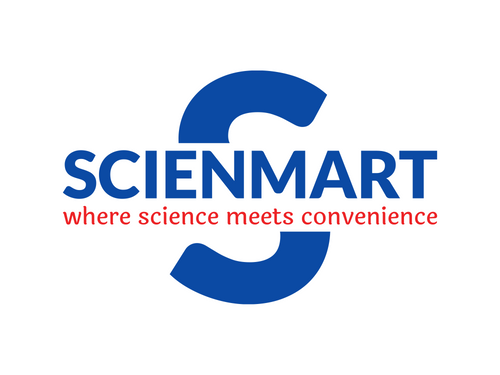In chemistry, laboratory glassware is an essential component of any experimental setup. There are numerous types of lab glassware, each designed for specific applications and experiments. This article will focus on three types of standard lab glassware commonly used in chemistry: standard taper glassware for miniscale experimentation, standard taper microscale glassware with threaded screw cap connectors, and Williamson microscale glassware that fastens together with flexible elastomeric connectors.
Standard taper glassware for miniscale experimentation is commonly used in chemistry labs for small-scale experiments. This glassware typically consists of flasks, beakers, and other vessels with standard taper joints that allow for easy assembly and disassembly of equipment. The standard taper joint is a cone-shaped joint that fits snugly into a corresponding socket, ensuring a tight seal. This glassware is ideal for miniscale experiments because it allows for precise measurements and control of small quantities of reagents.
Standard taper microscale glassware with threaded screw cap connectors is similar to standard taper glassware but on a smaller scale. This glassware is designed for even smaller quantities of reagents and features threaded screw cap connectors that provide a secure seal. The small size of the glassware allows for more precise measurements and improved accuracy, making it ideal for microscale experiments. The threaded screw cap connectors also make it easier to work with volatile or reactive substances.
Williamson microscale glassware is a unique type of glassware used in microscale experiments. This glassware features flexible elastomeric connectors that allow for easy assembly and disassembly of equipment without the need for standard taper joints. The connectors are designed to fit tightly around the glassware, ensuring a secure seal. This glassware is particularly useful for experiments that require milligram quantities of reagents. The flexibility of the elastomeric connectors also makes it easier to handle the glassware, reducing the risk of breakage.
In summary, standard taper glassware for miniscale experimentation, standard taper microscale glassware with threaded screw cap connectors, and Williamson microscale glassware are three types of standard lab glassware commonly used in chemistry. These types of glassware are designed to handle small quantities of reagents and provide precise measurements, making them ideal for miniscale and microscale experiments. Understanding the different types of lab glassware available is essential for any chemist looking to conduct experiments with accuracy and precision.
Here are some popular questions related to the topic:
-
What is standard taper glassware, and why is it useful for miniscale experimentation? Answer: Standard taper glassware refers to laboratory glassware with a cone-shaped joint that fits into a corresponding socket, providing a tight seal. This glassware is useful for miniscale experimentation because it allows for precise measurements and control of small quantities of reagents. It is also easy to assemble and disassemble, making it ideal for experiments that require frequent changes in equipment.
-
What is standard taper microscale glassware, and how is it different from standard taper glassware? Answer: Standard taper microscale glassware is similar to standard taper glassware but on a smaller scale. It is designed for even smaller quantities of reagents and features threaded screw cap connectors that provide a secure seal. The small size of the glassware allows for more precise measurements and improved accuracy, making it ideal for microscale experiments.
-
What is Williamson microscale glassware, and how is it different from other types of microscale glassware? Answer: Williamson microscale glassware is a unique type of glassware used in microscale experiments. It features flexible elastomeric connectors that allow for easy assembly and disassembly of equipment without the need for standard taper joints. The connectors are designed to fit tightly around the glassware, ensuring a secure seal. This glassware is particularly useful for experiments that require milligram quantities of reagents, and the flexibility of the connectors makes it easier to handle the glassware, reducing the risk of breakage.
-
What are the advantages of using glassware with screw cap connectors? Answer: Glassware with screw cap connectors provides a secure seal and allows for easy assembly and disassembly of equipment. This is particularly useful when working with volatile or reactive substances, as it minimizes the risk of leaks or spills. Screw cap connectors also make it easier to work with small quantities of reagents and allow for more precise measurements.
-
How important is it to use the correct type of glassware for a specific experiment? Answer: It is crucial to use the correct type of glassware for a specific experiment to ensure accurate and precise results. Using the wrong type of glassware can lead to errors in measurements, contamination of reagents, or even dangerous situations. Different types of glassware are designed for specific applications and reagents, so it is essential to choose the appropriate glassware for each experiment.
